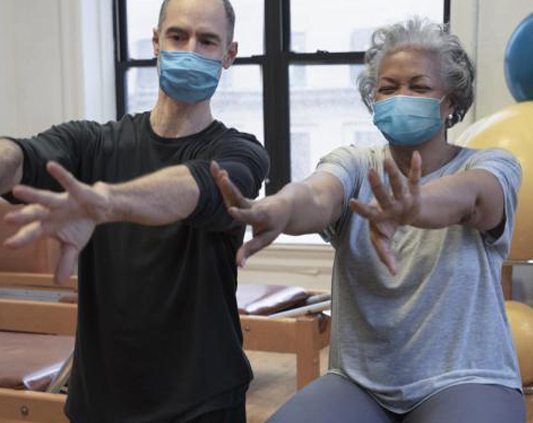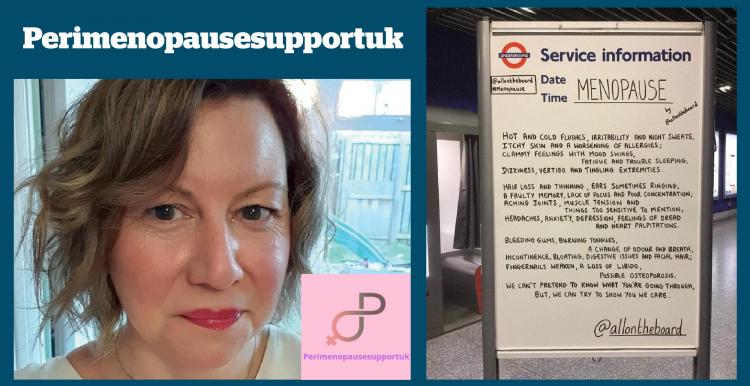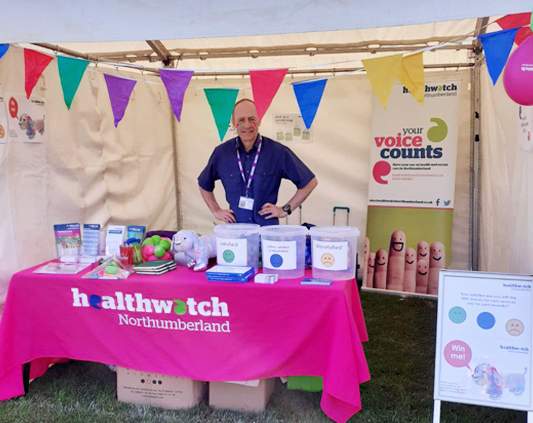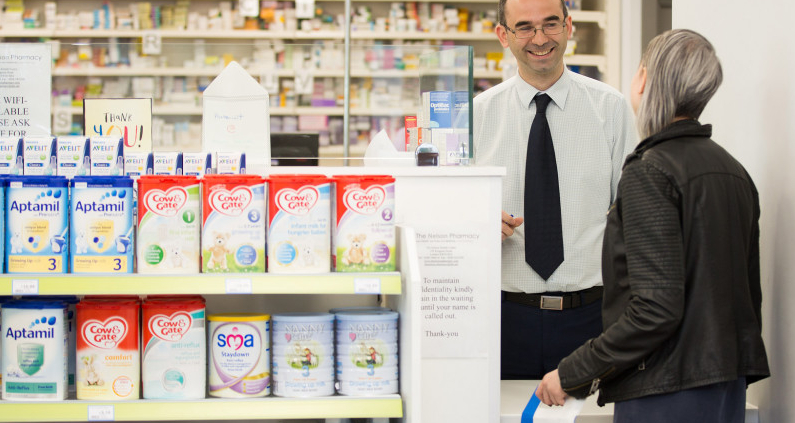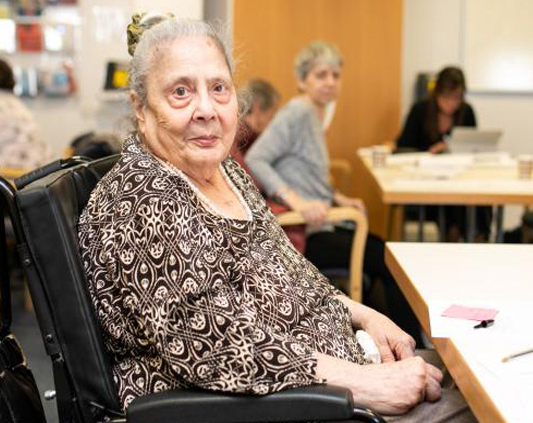What to expect when waiting for care
Waiting for planned medical care or surgery can be a frustrating time. That’s why it’s so important that while you wait, you get regular, clear and accessible updates so that you can plan your next steps.
If you or a loved one is waiting for care, read the information from Healthwatch England below to find out what healthcare staff should be doing when contacting you.
Communications from healthcare staff should:
Be personalised to you and not just a generic response
When you’re contacted by healthcare staff about your upcoming appointment, they should provide honest information about your next steps. You must be made aware of realistic timescales and what to expect while you wait so that you can make an informed decision about your treatment.
Put you at ease around safety concerns regarding COVID-19
Significant steps have been taken to minimise the risk of COVID-19 transmission while in hospitals. But, if you have any concerns about your safety while in hospital, you should be given contact details to discuss these concerns with a healthcare professional.
Use clear language
When healthcare staff contact you, the language they use should be clear, accessible and easy to understand – whether that’s by letter, email or on the phone. Of course, sometimes technical terms are needed, but these should always be explained to you first.
Share their decision making
You should be part of the conversation when decisions around your health are being made. Healthcare staff should support you to make the right decisions for you and outline the risks and benefits of going ahead with, cancelling or delaying your procedure.
Be transparent around delays and cancellations
When contacted regarding a delay or cancellation to your appointment, you should be provided with a clear reason and information about what happens next. Healthcare professionals must be open and honest with you and give a realistic timescale when you should expect to hear from them again. Further support should be provided to you to help you manage your condition whilst waiting for care. This could be information about or access to other health and care services, or access to pain relief. Above all, it should be clear who you should contact if your condition deteriorates. Your safety should always be the priority.
If you are waiting for an operation and this gets cancelled for a non-clinical reason on the day you were due for surgery, your hospital should offer you another fixed date within 28 days or fund your treatment at a date and hospital of your choice.
Be in your preferred way of communication
Information around your upcoming care should be easy to access and provide you with the option to ask questions. It’s essential that you receive information in they way you prefer. This can often be via phone but alternative options should be available for anyone with specific language or communication needs.
Tell us your story – We want to know if you’re getting the advice, information and support you need while you wait. Get in touch to share your experience.

